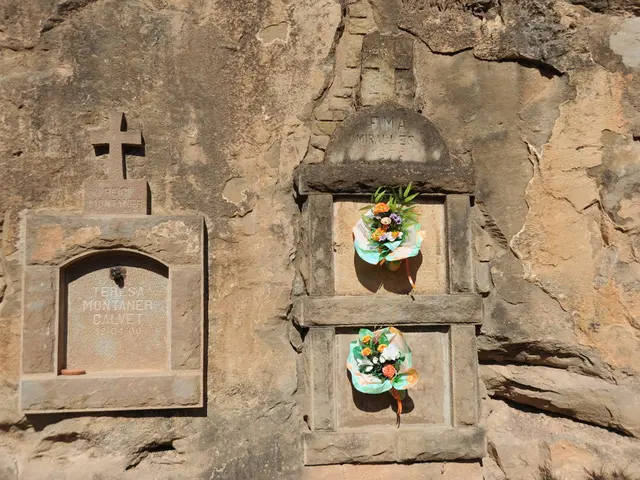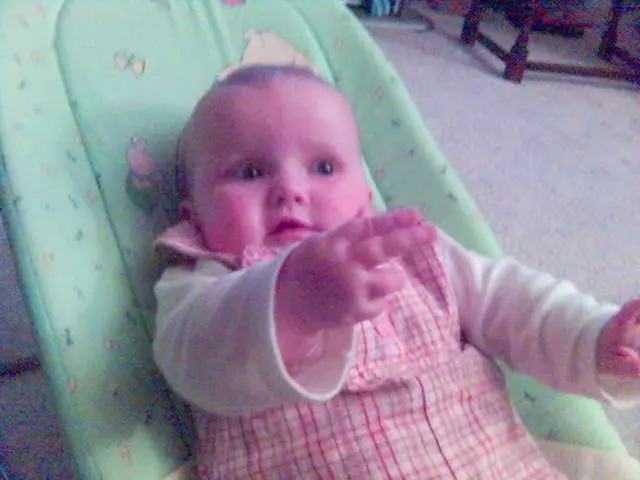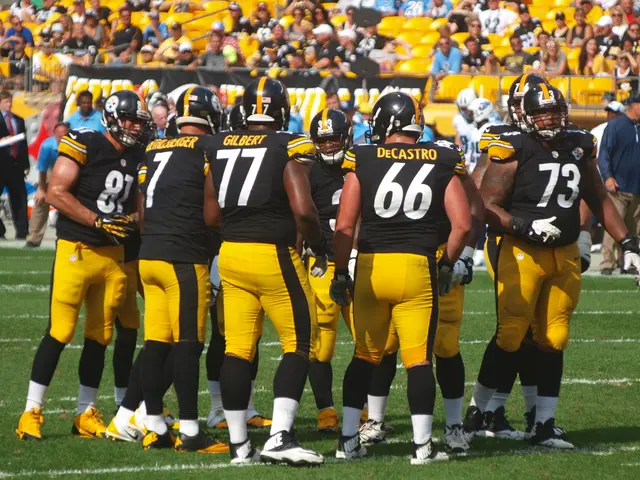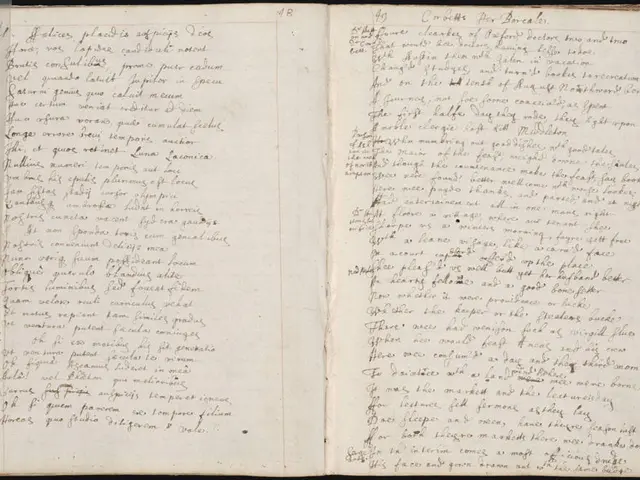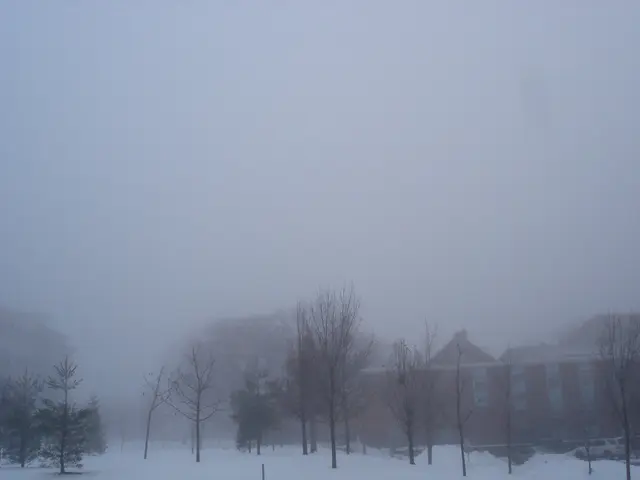Intelligence Agents Working for Cuba Pose Threat to U.S. Security, With Confidential Info Being Sold Globally
AP dated May 19, 2025 | In an alarming yet less surprising revelation, Cuba's intelligence agency was caught red-handed orchestrating a vast spy network within the United States. One of the most recent and notable spies unmasked is Victor Manuel Rocha, a former American ambassador known for his decades-long career serving his country.
But Rocha wasn't the only one; Cuba has a long-standing history of spying on the U.S., stretching back to the Cold War era. One of the most prolific Cuban spies was Ana Montes, a Pentagon official who held the position of lead analyst on Cuba policy for a whopping 17 years.
However, Cuba's intelligence craft isn't merely a relic of the past; it poses a real and present danger to modern U.S. national security. In fact, rather than exporting cigars or rum, Cuba's primary export is American secrets sold and bartered to U.S. adversaries worldwide.
The story takes us back to 1999, where we find Victor Manuel Rocha at a state dinner, mingling with the who's who of politics. Then, dressed as an aristocrat, Rocha stood as the number two diplomat at the US embassy in Buenos Aires—a man with an unblemished reputation as a senior statesman on Latin America. Despite holding the highest top-secret security clearance, he had been spying for Cuba for his entire career.
Cuba's spy tactics are surprisingly elementary but effective, with their intelligence officers excelling in the art of human intelligence. As the CIA's top Cuba analyst at the height of the Cold War, Brian Latell attests, the Cubans know their craft and recruit carefully, with a keen eye for detail and discipline.
Rocha was recruited in the late 1970s, ultimately leading to his arrest in 2023. He confessed to spying for Cuba for his entire career, bragging about the information he passed on, stating it was "more than a grand slam." He called the U.S. "the enemy." While Brian Latell managed to dodge the espionage attempts, he suspected Rocha was trying to extract sensitive information from him.
Cuba's intelligence service makes no qualms about sharing the obtained information or selling it to other countries, even to America's fiercest enemies, such as the Chinese and Russians. If they collect information about U.S. intentions towards Moscow, Beijing, or Tehran, that information would undoubtedly hold tremendous value to those countries.
Former Cuban intelligence officer Jose Cohen defected in 1994, disclosing that Cuba shared the information it gathered with enemies of the United States, including the Soviet Union, North Korea, and Iran. The intelligence provided would have had a significant impact on the operation of the Defense Department.
In an era of increased digital spying and cyber threats, the modern threat landscape includes not only traditional espionage but also advanced technological capabilities such as cyber warfare and electronic surveillance. Cuba's collaboration with the PRC only serves to amplify these capabilities, making it a significant concern for U.S. national security in the digital age.
As the investigation into Rocha's actions unfolded, the sensitive information he compromised, and the extent of the damage, remain largely classified due to the classified nature of the information involved. Rocha was sentenced to 15 years in prison and is currently cooperating with investigators to uncover any remaining secrets.
The chilling truth is that there are likely other "Ana Monteses" in the government right now. Peter Lapp, the former FBI agent who led the Montes investigation,asserted unequivocally that other Cubans continue to penetrate the U.S. government, putting American security at risk.
With a special focus on Latin American affairs, the story covers Ana Montes' life as a spy and her subsequent arrest in 2001. Montes, known as the "Queen of Cuba" in intelligence circles, worked tirelessly for the Cubans, even disclosing the existence of a top-secret satellite program used by the U.S. to spy on other countries.
After serving 20 years in federal prison, Ana Montes was released in 2023, living in Puerto Rico under a cloud of controversy. Montes has yet to publicly express any remorse for her actions, continuing to be celebrated by some as a hero.
Produced by Michael Rey. Associate producers, Jaime Woods, and Kit Ramgopal. Broadcast associate, Katie Jahns.
- Cuba
- Espionage
- Intelligence
- U.S. National Security
Cecilia VegaCecilia Vega is an award-winning journalist and "60 Minutes" correspondent who joined the newsmagazine in 2023.
- The constructed spy network within the United States by Cuba's intelligence agency poses a real and present danger to modern U.S. national security, as shown by the case of Victor Manuel Rocha, a former American ambassador.
- Cuba's primary export is American secrets sold and bartered to U.S. adversaries worldwide, as evidenced by the confession of Rocha, who passed on information for his entire career.
- The story of Rocha take us back to 1999, during a state dinner, where he was mingling with the who's who of politics, despite holding the highest top-secret security clearance.
- Cuba shares the information it gathers with enemies of the United States, including the Chinese and Russians, as revealed bydefected Cuban intelligence officer Jose Cohen in 1994.

